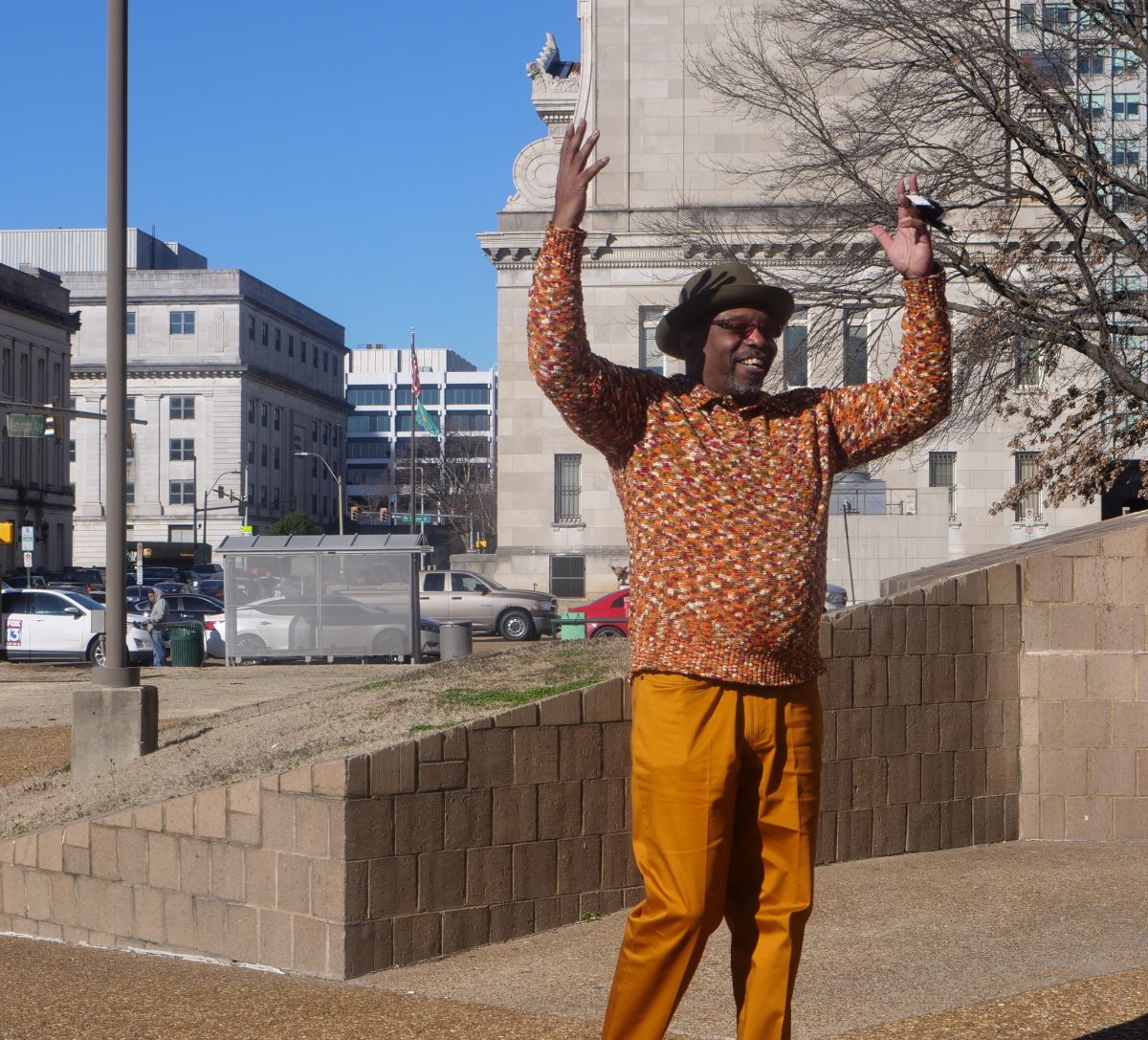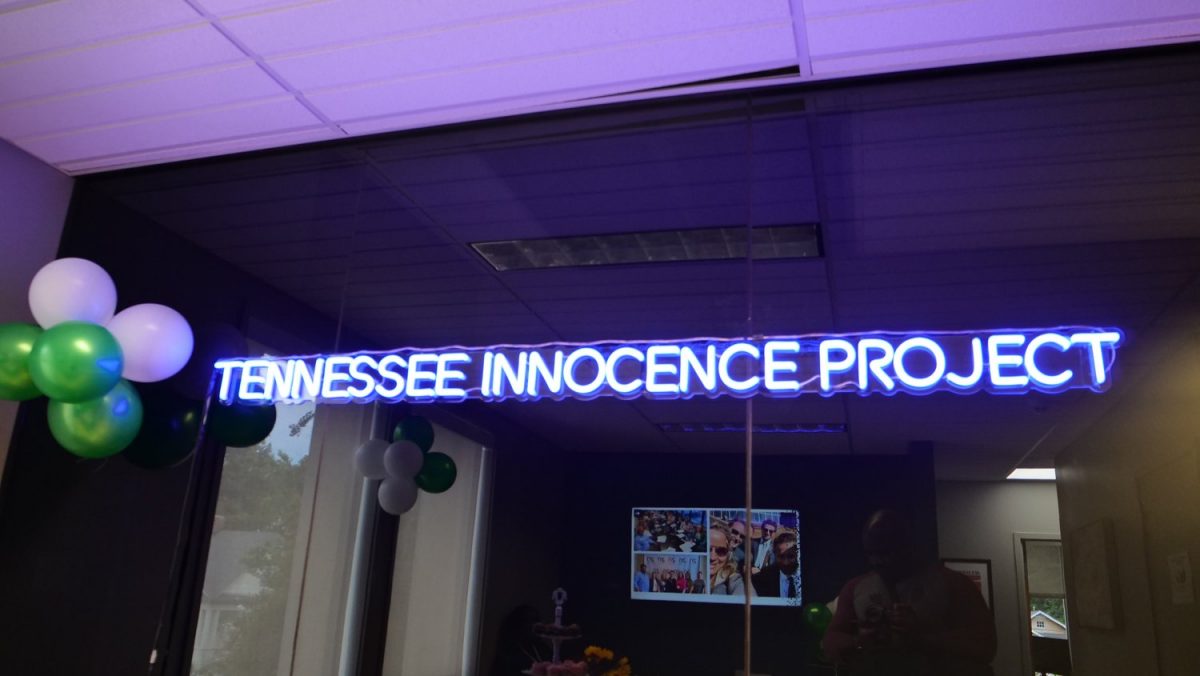Saturday, February 1st, is 201 Day, says Josh Campbell, creative director of Spillit Memphis. It’s named, he says, “for better or worse, for the most famous address in Memphis.” That address, of course, is 201 Poplar, location of Shelby County’s Walter L. Bailey Jr. Criminal Justice Center that houses several courts, the district attorney’s office, and the county jail. “It’s become an image and avatar for the overall justice system here in Memphis,” Campbell says. “We wanted to have a storytelling event where we can talk about these things and have conversations.”
And so, this Saturday, in partnership with the Tennessee Innocence Project and Dixon Gallery & Gardens, Spillit will host one of its “Center Stage” storytelling gatherings, with a focus on justice and injustice in Memphis. Unlike the group’s popular slam events, similar to an open mic, this Center Stage will feature a curated lineup of speakers, including local attorney Rattlebone Jones; Jessica Van Dyke, legal director at the Tennessee Innocence Project; and District Attorney Steve Mulroy. Also speaking will be Darren Price, who was exonerated this month after 20 years in prison and four years on probation, and Ricky Webb, who was exonerated after spending nearly 50 years in jail for a murder he didn’t commit.
“So those are our two big stories that we really think are important,” Campbell says of the Tennessee Innocence Project exonerees, but he adds that the other speakers will add to the conversation with stories of bureaucratic absurdity, lemonade stands, and more. “We want people to come at this topic with a lot of different things.”
The hope, Campbell says, is that the audience and speaker will find connection. “The thing about storytelling is not necessarily to find out something new about the person,” he says. “It’s really about finding that they’re not that much different from you. So when we can find common ground through stories, then we can really start working to find common ground in real life.”
Further, whenever Spillit hosts events in partnership with other organizations, as this event will with the Tennessee Innocence Project, Campbell says, “By giving that firsthand account, you’re really giving power to what those organizations do. People don’t always open up to strangers, but if I partner with an organization that has some clout in the community and some connection, then that gives us a good entry into finding out about these stories and people trusting us to present them. So really, it’s about finding people to tell stories and getting the message out there and hopefully telling the story of Memphis that people don’t think about.”
This Spillit event is free to attend and will have light refreshments. The next Spillit Slam on March 29th is themed Midterms and will be in partnership with the University of Tennessee Health Science Center and the Memphis Medical District Collaborative.
Spillit Center Stage: 201, Dixon Gallery & Gardens, 4339 Park Avenue, Saturday, February 1, 6-8 p.m.
Keep up with Spillit Memphis here.
Keep up with the Tennessee Innocence Project here.


